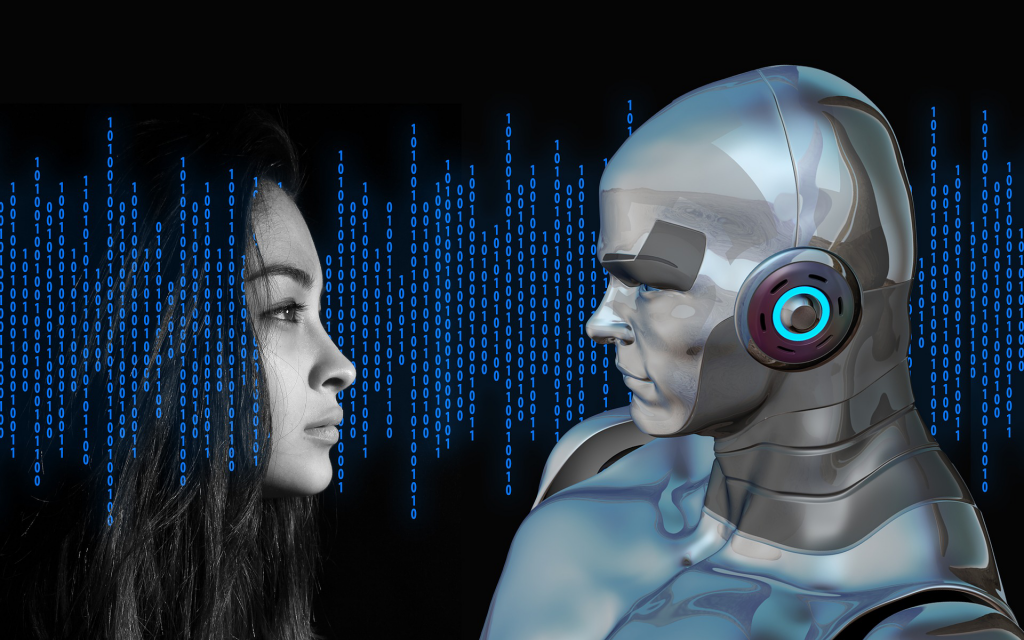
The debate about the potential impact of artificial intelligence (AI) and automation on tasks, roles, jobs, employment and incomes shows no signs of slowing, whether it’s doom-laden predictions of mass unemployment or more positive predictions of a new wave of jobs being created.
Right now, the world is legitimately clueless about five key factors: 1) how far and how deep these technologies will actually penetrate over the next five to twenty years, 2) the scale of opportunities that will be generated in the new sectors and businesses that might emerge, 3) how the nature of work, roles, jobs, and workplaces might evolve over time, 4) how governments, businesses, and individuals might respond and the potential for innovative solutions to emerge, and 5) what the net impact might be on employment and the economic prospects for the individual.
Now is the time to be thinking the unthinkable about preparing the workforce for an uncertain future: how to create new jobs and businesses, how to support the unemployed in a fair, dignified and straightforward manner that supports their search for opportunities, and how to fund the transitions from this economy to a future one.
The key to all of this is education. It’s becoming abundantly clear that at the national, business and individual levels, what will determine our ability to survive and thrive in a rapidly evolving landscape are our levels of education and big picture awareness. Our capacity to navigate a turbulent landscape will be driven by a number of factors, including i) our understanding of how the world is changing, ii) our digital literacy, iii) our capacity to think, reason and solve problems, iv) our ability to learn new skills and approaches quickly, and v) our mastery of life skills such as collaboration, scenario thinking, coping with uncertainty and handling complexity.
These skills will help us move from role to role in a world where job tenures are shortening, but lifespans could be increasing. They will also help us start our own businesses and take greater responsibility for our own livelihoods. This is something that could become an increasing priority as medium to large organisations slim down their workforces through competitive pressures and automation.
We can see a growing onus on small to medium enterprises to provide the bulk of employment across the economy. Hence, some of the key policy experiments we are advocating are outlined below.